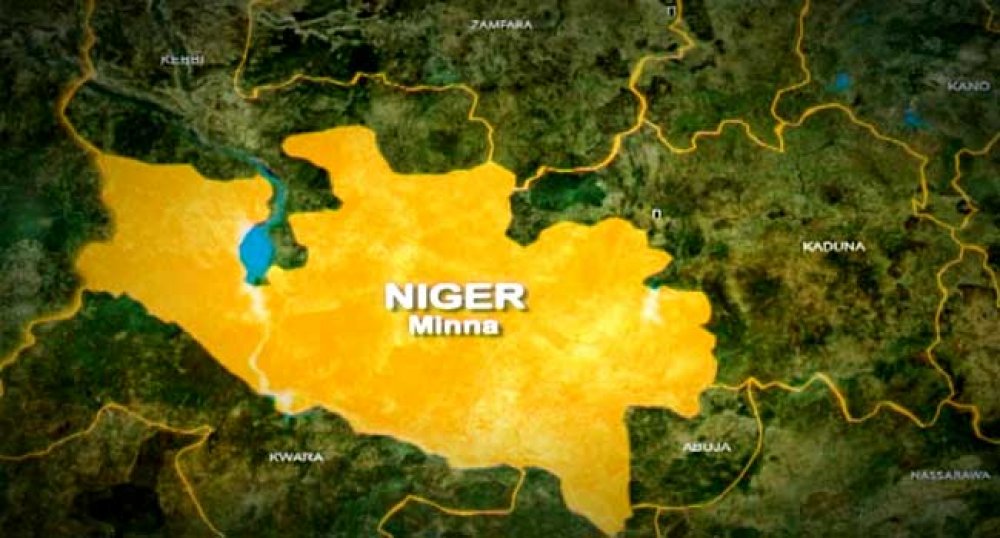The devastating floods that ravaged Niger State, Nigeria, in late August 2024, serve as a stark reminder of the vulnerability of communities to natural disasters and the critical need for robust disaster preparedness and response mechanisms. The deluge left a trail of destruction, claiming at least 151 lives, displacing over 3,000 residents, and inflicting widespread damage to homes and essential infrastructure. The tragedy underscored the interconnectedness of human lives and the environment, as well as the importance of international cooperation in times of crisis. The United States, through its mission in Nigeria, expressed deep sorrow over the loss of life and displacement, extending condolences to the affected communities and commending the tireless efforts of emergency responders working tirelessly to provide relief and alleviate suffering.
The floods, triggered by heavy rainfall, unleashed a torrent of water that overwhelmed communities, leaving a path of destruction in its wake. Over 260 homes were reduced to rubble, rendering thousands homeless and vulnerable. Critical infrastructure, including township roads and major bridges in Mokwa and Raba, were severely damaged, disrupting transportation and hindering access to essential services. The destruction of these vital links further complicated rescue and relief efforts, isolating communities and exacerbating the challenges faced by those affected. The floods not only claimed lives and destroyed homes but also disrupted livelihoods, leaving countless individuals and families struggling to cope with the immense loss.
The scale of the disaster prompted immediate action from both the Nigerian government and international partners. President Bola Tinubu, recognizing the urgent need for intervention, dispatched a high-level delegation to the affected areas to assess the extent of the damage and provide support to ongoing relief operations. The delegation’s mission was to gather firsthand information about the situation on the ground, identify the most pressing needs, and coordinate effective relief efforts. State officials, grappling with the overwhelming scale of the disaster, appealed for additional assistance from the federal government and international organizations to effectively manage the unfolding crisis and provide much-needed support to the affected communities.
The United States Mission in Nigeria, deeply moved by the tragedy, issued a statement expressing solidarity with the Nigerian people. The statement conveyed heartfelt condolences to the families who lost loved ones and acknowledged the immense suffering experienced by those displaced from their homes and deprived of their livelihoods. The mission also recognized the dedication and courage of the emergency responders working tirelessly to provide relief and mitigate the effects of the disaster. This expression of support, while symbolic, underscored the importance of international cooperation in responding to humanitarian crises and providing assistance to vulnerable populations.
The floods in Niger State highlight the critical need for proactive measures to mitigate the impact of natural disasters. Investing in robust early warning systems, strengthening infrastructure to withstand extreme weather events, and developing comprehensive disaster preparedness plans are crucial steps towards reducing vulnerability and enhancing resilience. These measures, while requiring significant investment, are essential for protecting lives, livelihoods, and communities from the devastating consequences of natural disasters. The floods serve as a stark reminder of the importance of proactive planning and investment in disaster preparedness and mitigation.
Beyond the immediate response, the long-term recovery and reconstruction process will require sustained commitment and collaboration between government agencies, international organizations, and local communities. Addressing the underlying causes of vulnerability, including poverty, inadequate infrastructure, and environmental degradation, will be crucial for building more resilient communities and preventing future tragedies. The floods in Niger State underscore the urgent need for a holistic approach to disaster management, one that prioritizes prevention, preparedness, response, and recovery, ultimately aiming to create a safer and more sustainable future for all.


